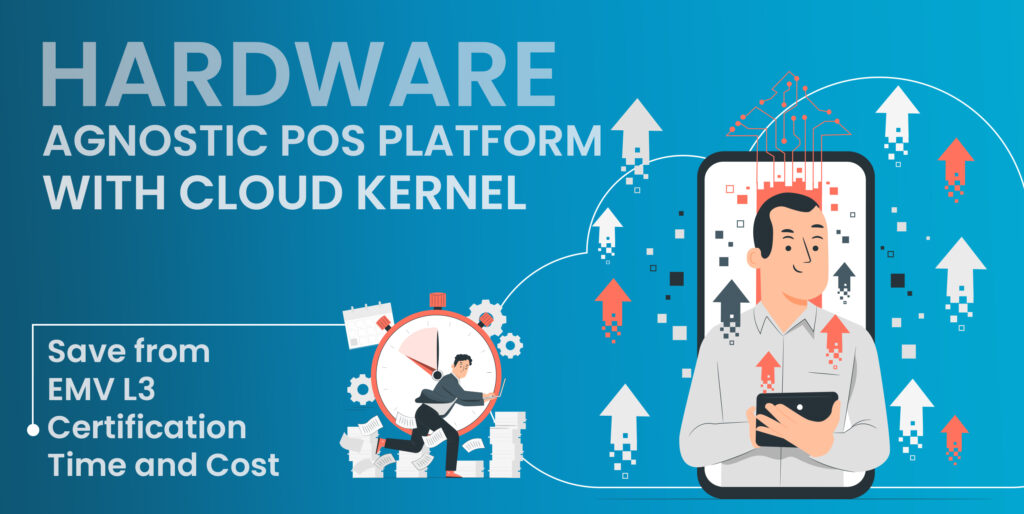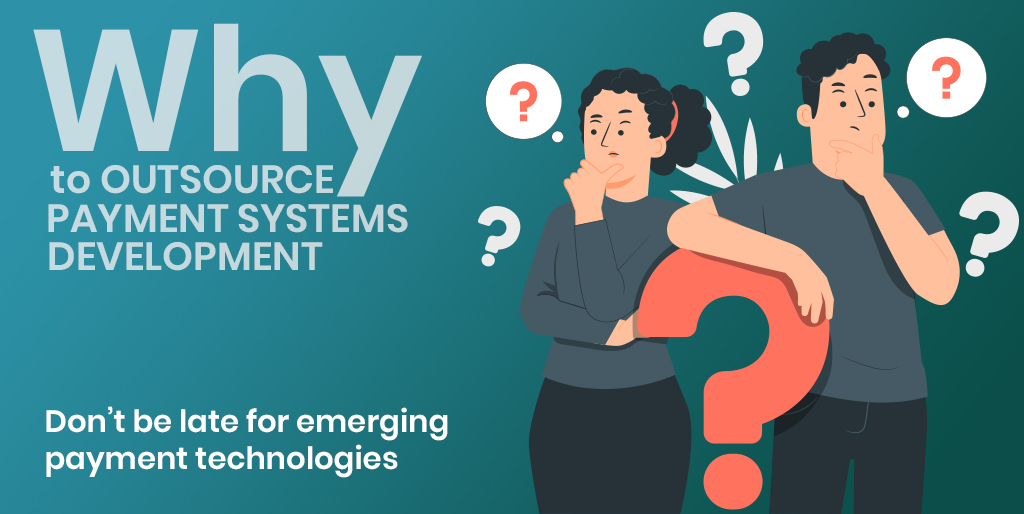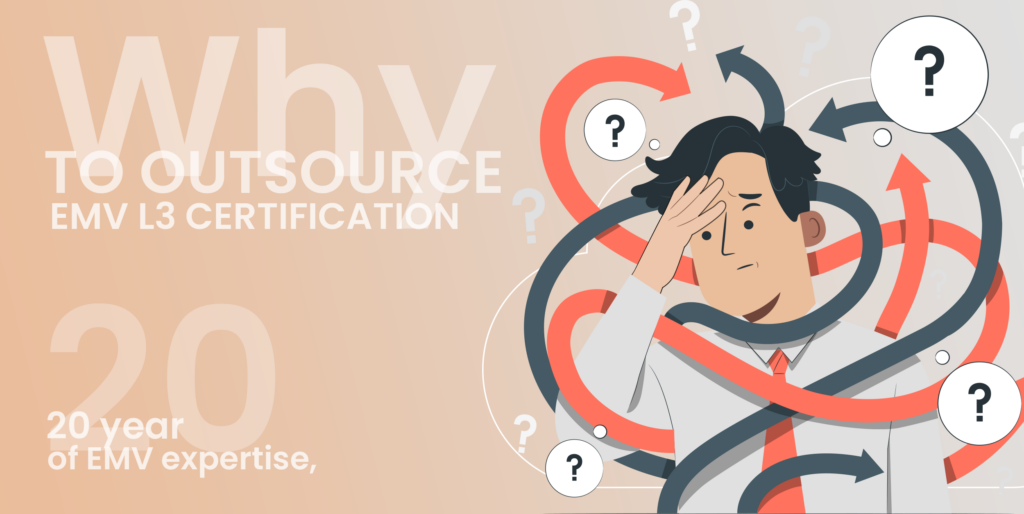EMV L3 Certification, a Major Challenge
Failing to complete EMV L3 certification can indeed have significant consequences for payment companies : Delayed time to market, loss of customers, reputational damage and competitive disadvantage are just a few to count.
Why EMV L3 ?
EMV (Europay, Mastercard, and Visa) Level 3 (L3) certification is a critical process for payment companies, particularly those involved in developing and implementing payment solutions that use EMV chip technology. EMV L3 certification ensures that a payment system’s hardware and software comply with EMV standards, providing a secure and interoperable payment experience for consumers and merchants.
Why EMV L3 Takes Long Time ?
EMV L3 certification is a costly and time-consuming process. The process requires a significant amount of acquirer host and EMV testing for different modules such as EMV SDK, EMV L3 application, POS application, payment gateway, and acquirer integration module. It requires involvement of different parties, including POS terminal vendor, payment gateway, acquirer, test tool vendor and card brands. In most cases, the certification time extends significantly and sometimes it even takes more than 1 year.
EMV Expertise is Key to Success
As opposed to general idea, majority of the certification time is not spent in L3 testing, it is spent in analyzing, identifying and fixing test failures. The success of the project highly depends on EMV expertise of the team in the project. Of course other items such as project managers, program managers, alignment and focus of teams, collaborative working are crucial as well.
Key Success Factors
Each of these factors can contribute to challenges and setbacks during the certification process, ultimately leading to delays in bringing payment solutions to market. Let’s break down each of these reasons in more detail:
- EMV L2 Kernel Configuration: The EMV Level 2 (L2) kernel is responsible for communication between the payment terminal (POS) and the payment card. If the L2 kernel SDK, firmware, or any application managing this connection is not properly configured, it can lead to compatibility issues, incorrect transaction handling, and security vulnerabilities. This can cause delays as the payment company needs to troubleshoot and rectify these issues before proceeding with certification.
- POS Application Implementation: The point-of-sale (POS) application is a crucial component of the payment system. If it doesn’t correctly implement the EMV Level 3 requirements, such as specific transaction logic (like U.S Common Debit, open-loop transit, etc.), receipt generation, and other mandated functionalities, it can result in failed certification tests. This requires thorough testing and adjustments, contributing to delays.
- Payment Gateway Errors: The payment gateway acts as an intermediary between the merchant’s POS system and the acquirer’s host system. If the authorization messages sent by the payment gateway contain incorrect fields, it can lead to communication failures, transaction discrepancies, and potential security concerns. Addressing these issues is essential before moving forward with certification.
- New Brand EMV Requirements: As new payment brands or schemes emerge or update their EMV requirements, payment companies must adapt their solutions accordingly. Integrating these new brand-specific requirements into the payment system can involve additional development, testing, and certification efforts, potentially leading to delays.
- Acquirer Host Configuration: The acquirer’s host system plays a crucial role in processing payment transactions and authorizations. Configuration issues on the acquirer’s end, such as compatibility problems, incorrect parameter settings, or communication errors, can hinder the certification process and require resolution before certification can be achieved.
- Additional Challenges: In addition to the reasons you’ve listed, other factors like miscommunication between stakeholders, lack of coordination, documentation discrepancies, and unexpected technical issues can also contribute to EMV L3 certification delays.
To minimize these delays and ensure a smoother certification process, payment companies must invest in thorough testing, validation, and collaboration with stakeholders including payment card brands (i.e MasterCard and Visa) and other relevant parties. Proactive identification and resolution of these issues can help payment companies bring their EMV-certified solutions to market in a timely manner while maintaining the highest standards of security and compliance.
Well-planned Project to Shorten the Duration
A well-planned project can indeed significantly shorten the duration of EMV Level 3 (L3) certification and offer numerous benefits to payment companies. Here’s how effective planning and expertise can lead to a smoother and faster certification process:
2. Expertise in EMV Standards: A team with strong knowledge and expertise in EMV standards, protocols, and requirements can navigate the complexities of certification more efficiently. They can anticipate potential challenges, address them proactively, and implement solutions that align with the standards.
3. Thorough Testing Strategy: A comprehensive testing strategy ensures that all aspects of the payment solution are thoroughly tested against EMV requirements. Rigorous testing reduces the likelihood of encountering issues during certification testing and helps identify and address problems early in the development process.
4. Collaboration and Communication: Effective communication and collaboration among team members and stakeholders are essential. Regular status updates, progress reports, and open lines of communication ensure that everyone is aligned, minimizing misunderstandings and facilitating quicker decision-making.
5. Focus and Resource Allocation: A dedicated and focused team allocated to the certification project can expedite the process. When team members are fully committed to the project and have the necessary resources at their disposal, they can resolve issues promptly and make faster progress.
6. Preemptive Issue Resolution: A proactive approach to identifying and addressing potential issues can prevent them from becoming major roadblocks. Regular reviews and assessments can help catch and rectify problems early, reducing rework and time-consuming fixes later in the process.
7. Streamlined Documentation: Proper documentation of processes, configurations, and test results is crucial for a smooth certification process. Well-documented procedures and outcomes make it easier for auditors and assessors to verify compliance.
8. Continuous Improvement: Regularly evaluating and refining the certification process based on lessons learned from previous projects can lead to continuous improvement. This iterative approach can lead to greater efficiency and shorter certification timelines over time.
9. Stakeholder Buy-In: Ensuring that all stakeholders, including management, development teams, and third-party vendors, are aligned and committed to the certification goals can help streamline decision-making and keep the project on track.
10. Resource Allocation: Proper allocation of resources, including skilled personnel, tools, and infrastructure, is essential for efficient project execution. Adequate resourcing reduces bottlenecks and prevents unnecessary delays.
By following these principles and best practices, payment companies can not only expedite the EMV Level 3 certification process but also offer their solutions ahead of the competition, reduce costs associated with prolonged development cycles, and position themselves as leaders in the market with reliable and secure payment offerings.
How Fairbit Helps Expediting the Project
Most of times, POS vendors don’t have enough resources, such as testers and EMV experts. Fairbit team has more than 20 years of EMV experience, implementing tens of EMV certifications in the United States, Canada and Europe. Fairbit provides testers but most importantly we can provide EMV experts and consultants as well. Our team has great experience in EMV projects. We developed in-house EMV kernels and SoftPOS solution with the extensive EMV experience. Fairbit team worked in different markets gaining expertise for domestic and global standards. Our team has experience on not only EMV specs and L3 test requirements but also on business or market specific requirements such as U.S Common Debit, open-loop transit, Strong Customer Authentication and so forth.
Fairbit supports EMV certification projects in a tailored way based on your needs. In the most simple way, we can provide testers if you have enough internal resources. If you need EMV experts, this is something we are the best and we can provide EMV experts. We can also provide project managers, program managers if needed.







